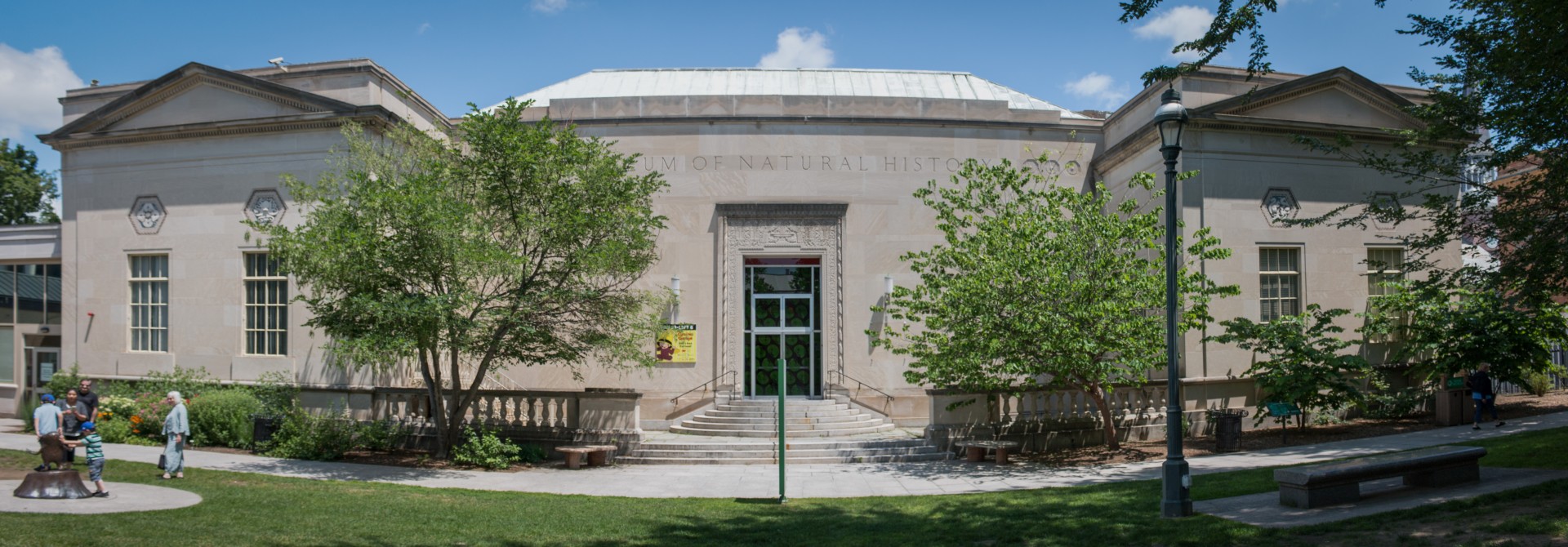Take My Council, Please: After the Primaries of Summer Have Gone…
SPRINGFIELD—The City Council virtually returned from August’s semi-recess Monday to find a massive pile of fresh items on the floor requiring attention. The vast majority were financial, but several were also complex. Others fell under the Community Preservation Act (CPA) demanding more scrutiny than the Council could deliver without pulling an all-nighter.
The meeting flowed well, avoiding the pangs of procedure earlier Zoomed Council meetings had suffered. However, the financial items, which usually require two votes, underscored the strain of remote meetings. Voice votes are verboten under the COVID-variances to Open Meeting Law. Thus, the Council must take a roll call for every suspension of rules or amendment to a bill.
Council President Justice Hurst opened the meeting acknowledging the painting of the “Black Lives Matter” mural on Court Street. Hurst also acknowledged two councilors’ victories in the September 1 primary. Ward 1 Councilor Adam Gomez defeated incumbent Hampden Senator James Welch. Ward 8 Councilor Orlando Ramos won the state House seat Representative Jose Tosado is vacating.
The Council has approved CPC recommendations before. The funds come from a surcharge on local property tax bills and state matching grants. Even in its third year, the Council is reasonably giddy about greenlighting community projects without the holy trinity of Mayor Domenic Sarno’s ego, superego and id interfering.
Gomez, the Planning & Economic Development Chair, motioned to send the CPC items to his committee. He argued they deserve exclusive review in committee rather than during a congested and bleary Council meeting. The Council agreed.
Robert McCarroll, the CPC chair, had no objection. After offering a refreshing on the CPA and CPC, he said the Council could approve the grants at their leisure.
Seven special permits received approval from the Council unanimously. The hearings had been held in August. All permits were for care sales or repair except one. That permit related to a drive-through at Five Town Plaza. At the request of the area ward councilor, Timothy Allen, a condition for the permit the neighborhood no longer wanted was removed.
During committee report readings, Gomez briefed the Council on several projects such as the sale of the former Chestnut Middle School land to the New North Citizens Council. Gomez also indicated that the Council would soon be seeing redevelopment plans for Apremont Triangle and a tax incentive for housing along Maple Street. Budding real estate developer Roger Roberge is behind the latter.
Ward 5 Councilor Marcus Williams, Maintenance & Development chair, outlined his committee’s review of rising utility bills. Williams said Eversource provided helpful answers he would distribute to colleagues.
Comptroller Patrick Burns presented the city’s monthly revenue and expenditure report. Responding to at-large Councilor Jesse Lederman, Burns said the city’s inlays and outlays were roughly in line with last year’s. That was partly because state regulators have allowed municipalities to amortize pension payments this year rather than make a lumpsum payment in July.
The Council greenlit petitions for street access for utilities as well as traffic control agreement on Berkshire and new traffic flows on Monroe Street. Public Works czar Chris Cignoli said that the Monroe Street changes were related to the new DeBerry School.
The Council did not advance changes to the ban on horses downtown, continuing a debate begun earlier this year. The city had established a regulatory regime for horse riders in June, but the issues has its complications. Most riders are following principally cultural traditions.

Reruns. (via MGM Television/Google image search)
Assistant city solicitor Robert Shewchuk explained this change would broaden downtown’s definition in ban to the edge of the Connecticut Rivera. East Columbus Avenue is the current border. The change follows discovery of alleged animal mistreatment. Shewchuk described disturbing videos that show horsemen at the Hall of Fame Avenue F.L. Roberts around 3 a.m. making the horse do tricks.
Ward 6 Councilor Victor Davila was surprised to discover the ban even existed. Shewchuk said the ban arises from state law that requires motorists to yield to any horse. However, the rule is not widely known and congestion in downtown raises the risk of hoofed collisions. Councilors sought more information and sent the item to committee.
The Council also approved millions in grants. The largest of these was $3.9 million in coronavirus aid for housing programs. Gerry McCafferty, the city’s housing director, said the money would go toward outreach, shelter and rental assistance.
Councilor Williams asked about outreach, noting the apparent uptick in panhandling in the city. McCafferty said that the Taylor Street shelter closes in the summer. That may be contributing to the increased visibility of panhandlers and she hopes this money will address some of this.
Another $446,000 grant will address youth homelessness.
The state granted Springfield nearly $1.2 million for casino policing. The grant pays for virtually all costs related to this unit, which is distinct from the Metro unit which patrols downtown.
More three quarters of a million dollars in public works grants will fund storm drain work, disaster mitigation, trails and smart-street programs. Another half million will fund Fire Department training and staffing. A $183,000 grant will fund programs to train seniors to rejoin the workforce.
The remaining small grants went to the Elder Affairs, Library and Public Works departments. The Council approved payment of bills from a prior year related to services rendered related to the police, animal control and the budget office.
There were two land transactions that cleared the Council. The first sanctioned a lot sale on St. James Boulevard to an abutting owner. The new owner will build a parking lot. The second order transferred city land to the Board of Park Commissioners to replace parkland lost as part of the new DeBerry school.
It was at this point the Council briefly considered suspending second readings for all financial orders. Normally, under Council rules, every financial order requires two readings. The Council routinely waives this, but one member can object and halt final passage at the item’s first reading.
However, Councilor Ramos protested the move. Technically, the Council’s move, operating as a rule change, could have bypass Ramos’ objection. Instead, the body accepted it. The Council took two votes on each financial order Monday night.
Among the financial orders was an agreement for Focus Springfield, the city’s public access channel, to use space at City Stage. The performing arts venue sits in a Springfield Parking Authority garage, hence the interagency agreement. The funds come from the state’s casino impact mitigation fund. Focus Springfield currently leases space from MGM Springfield, which bought the building from the channel’s original landlord.
Another Parking Authority agreement will assess South End parking. The Council also approved four-year leases for student laptops and leases for emergency equipment like a new Fire Department water pumper.
With the CPC items on ice, the Council moved onto ordinances. The body gave final approval to a new one-building historic district around the National Needle Building on Emery Street. The architecturally significant structure had been at risk for demolition this year. A legacy of the city’s industrial past, only part of the structure survived the construction of I-91. Only the original 19th century structure is in the new district.
According to WAMC, the building’s owner, Hansraj Gada, had planned to demolish it this year, having sought a zone change in 2016. While the demolition-delay ordinance’s nine-month waiting period tolled Gada’s financing fell through. He told councilors prospective buyers are now looking into using historic tax credits.
The new historic district ordinance passed unanimously save Councilor Davila who recused himself.
The Council also granted first step for a change to the Quadrangle/Mattoon Historic District (QMD) that would un-exempt the Science Musuem.
When first erected in 1972, the QMD excluded property the Roman Catholic Diocese or the then-Springfield Library & Museum Association (SLM) owned. This ultimately led to litigation when the SLM tried to apply the exemption to property purchased afterward. The Massachusetts Supreme Judicial Court rejected this argument in 2006.

Science to be subjected to history. (via Springfield Museums)
Once the Science Museum’s exemption is void, Springfield Museums—the SLM’s successor—will pursue grants and tax credits for a renovation.
The Council unanimously put a resolution on the Holyoke Soldiers Home in committee and again sent the mayor’s home rule petition on fireworks to committee. The latter vote was 12-1. Ward 2 Councilor Michael Fenton was in dissent.
After the meeting concluded, Fenton inquired about a potential return to chambers. Council President Hurst said he had planned to keep the Council virtual until the end of the year. However, he also said he would query councilors about their feelings.
That could mean an earlier return of in-person Council meetings is possible, if hardly certain. The issue is not the lengthy double votes. Despite Zoom becoming a pandemic essential, virtual government has complications. Fairly routine items can take longer because human beings are not designed to connect virtually. During a pandemic, this is sufficient for emergency items and financial approvals.
It becomes dicey, however, when the Council pursues legislation and intricate policy. Examples appeared in Gomez’s committee report. Indeed, it is partly because the Council is taking its role as a legislature more seriously that Gomez and Ramos won their primaries. The possibility that the Council can maintain this role outside chambers is as remote as their meetings are now.




